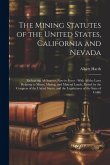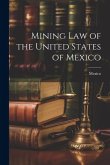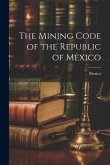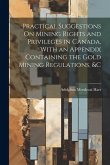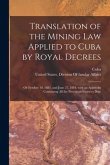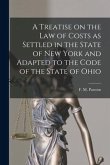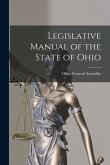Delve into the historical foundations of Ohio's mineral rights with "Mining Laws of Ohio, 1921." This meticulously prepared print edition offers a comprehensive overview of the legal landscape governing mining operations in Ohio during the early 20th century. Explore the intricacies of mining law and legislation as they existed at the time, providing valuable insight into the state's approach to natural resources and the legal framework surrounding their extraction. Essential for anyone interested in the history of mining, legal studies, or Ohio's industrial past, this text serves as a crucial resource for understanding the evolution of mining regulations. Discover the specifics of mineral rights, court precedents related to mining disputes, and the technological and engineering considerations impacting the industry. This book offers a glimpse into the legal and regulatory environment that shaped Ohio's mining sector, providing historical context for contemporary issues related to resource management and legal frameworks. This work has been selected by scholars as being culturally important, and is part of the knowledge base of civilization as we know it. This work is in the public domain in the United States of America, and possibly other nations. Within the United States, you may freely copy and distribute this work, as no entity (individual or corporate) has a copyright on the body of the work. Scholars believe, and we concur, that this work is important enough to be preserved, reproduced, and made generally available to the public. We appreciate your support of the preservation process, and thank you for being an important part of keeping this knowledge alive and relevant.
Bitte wählen Sie Ihr Anliegen aus.
Rechnungen
Retourenschein anfordern
Bestellstatus
Storno



